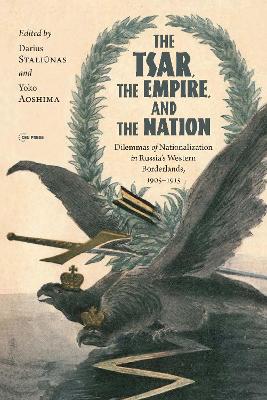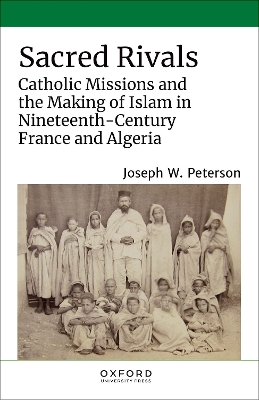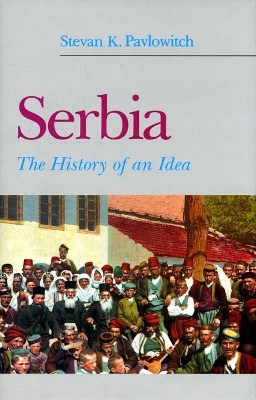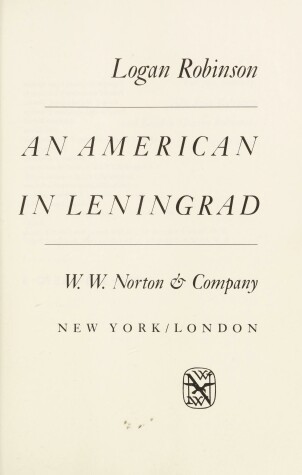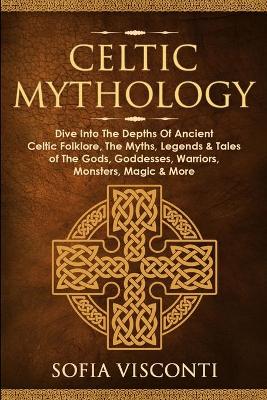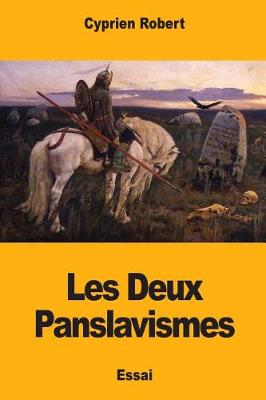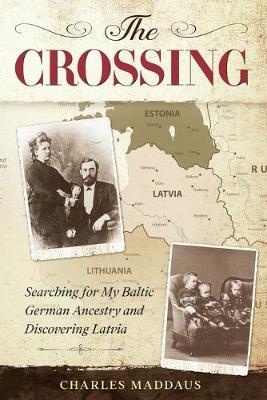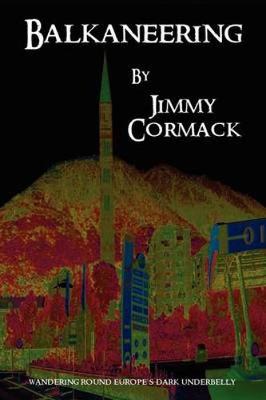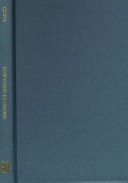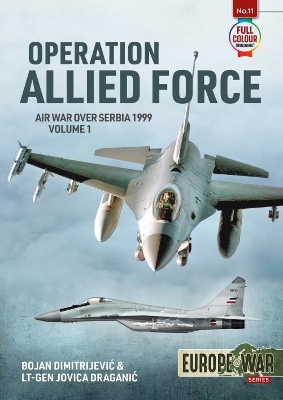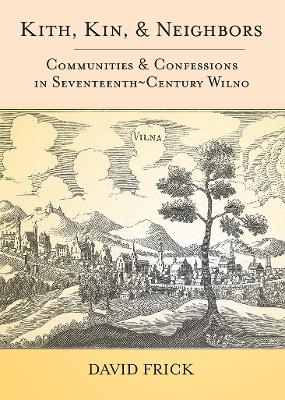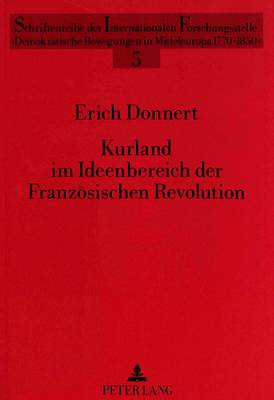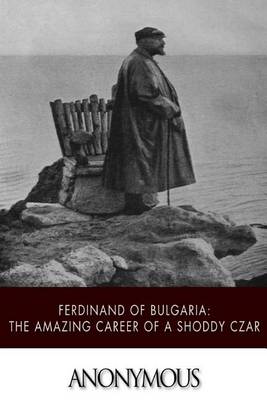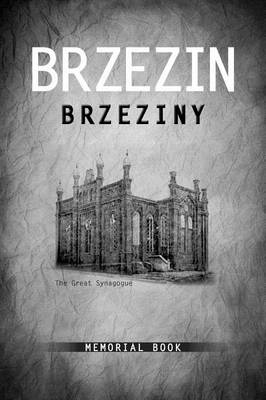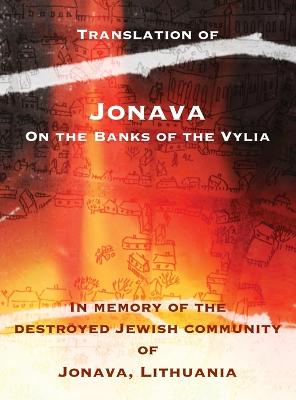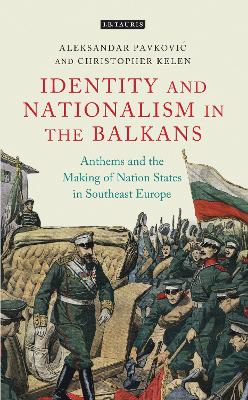This collection of essays addresses the challenge of modern nationalism to the tsarist Russian Empire. First appearing on the empire's western periphery this challenge, was most prevalent in twelve provinces extending from Ukrainian lands in the south to the Baltic provinces in the north, as well as to the Kingdom of Poland. At issue is whether the late Russian Empire entered World War I as a multiethnic state with many of its age-old mechanisms run by a multiethnic elite, or as a Russian state...
In 1839, the Abbé Jacques Suchet was sent to the Algerian city of Constantine, recently conquered by French forces, to minister to the new French colonial population there. He commented favorably on the Arabs' Muslim religiosity, perhaps seeing them as fertile ground for missionary work. In the mid-1870s, when the Abbé Edmond Lambert toured another colonial Algerian city, he recorded that Arabs were inherently "liars, thieves, lazy in body and spirit" and that even their seeming piety was insinc...
"A highly readable narrative of nineteenth and twentiety century Serbian history told with verve and deep knowledge." Mark Mazower, author of Dark Continent: Europe in the Twentieth Century "Pavlowitch has consistently maintained a very high standard of accuracy and scholarship in all of his work on the former Yugoslavia." New York Review of Books, April 25, 2002 Serbias have come and gone, and they have moved from place to place. This book looks at the historical forces, actors, ideas, and...
"The Witness Trees" tells through poetry, eyewitness accounts, and a moving historical narrative the tangled web of Lithuanian Jewish history. David Wolpe, a powerful Yiddish poet and writer, reports on the events during the summer of 1941 when the Jews of Keidan, a Lithuanian shtetl [village], were systematically massacred by local towns people. He was one of the few survivors when 2,076 men, women, and children perished and he describes in detail how a relatively cooperative and amicable commu...
In 1990, Lithuania was the first of fifteen Soviet Republics to proclaim its independence from the USSR and, in doing so, dealt a fatal blow to this superpower. Overnight, this small country, whose very existence had been erased from the world map for 50 years, became Post-Soviet and proclaimed its return to a multicultural Europe. So, what happened then in the lives of Lithuanians? How did they survive the collapse of a planned economy and the crisis of values? How does Lithuania, together with...
Lithuania 1940. (On the Boundary of Two Worlds, #9)
by Alfred Erich Senn
In June 1940, as Nazi troops marched into Paris, the Soviet Red Army marched into Lithuania, Latvia, and Estonia; seven weeks later, the USSR Supreme Soviet ratified the Soviet takeover of these states. For half a century, Soviet historians insisted that the three republics had voluntarily requested incorporation into the Soviet Union. Now it has become possible to examine the events of that tumultuous time more carefully. Alfred Erich Senn, the author of books on the formation of the Lithuania...
This study follows a trail of guerrilla warfare from the post World War I era through World War II, the civil wars, and the communist rise to power in Albania, Greece and Yugoslavia. The figures examined include Hitler, Joseph Broz-Tito, Enver Hoxha, and Aris Velouchiotis.
A self-contained community of 260 men and women make up the crew of "HMS Brilliant", a Royal Navy frigate, as it sets sail to resume duties in the Adriatic. Also on board is the author, who spent ten weeks closely observing them and gaining insight into life on a modern warship. The ship is in the fourth month of a seven-month tour of duty in Operation Sharp Guard - the enforcement of the UN arms embargo on all the countries of the former Yugoslavia. The political and military situation, however...
On 24 March 1999, the North Atlantic Treaty Organisation (NATO) launched Operation Allied Force against Serbia. Lasting 78 days, this was an unusual conflict fought at several levels. The campaign was fought at the negotiation tables, in the media, and via cyber warfare. In the air, NATO sought to destroy or at least minimise the capability of the Serbian forces, while on the ground the Serbian forces fought the Kosovo-Albanian insurgency. It had an unusual outcome, too: without NATO losing a...
In the mid-seventeenth century, Wilno (Vilnius), the second capital of the Polish-Lithuanian Commonwealth, was home to Poles, Lithuanians, Germans, Ruthenians, Jews, and Tatars, who worshiped in Catholic, Uniate, Orthodox, Calvinist, and Lutheran churches, one synagogue, and one mosque. Visitors regularly commented on the relatively peaceful coexistence of this bewildering array of peoples, languages, and faiths. In Kith, Kin, and Neighbors, David Frick shows how Wilno's inhabitants navigated an...
Kurland Im Ideenbereich Der Franzoesischen Revolution (Schriftenreihe Der Internationalen Forschungsstelle "Demokra, #5)
by Erich Donnert
Die Untersuchung ist den politischen Kampfen und gesellschaftlichen Erneuerungsversuchen in Kurland und Polen zur Zeit der Franzosischen Revolution gewidmet. Im Mittelpunkt steht das Herzogtum Kurland, dessen staatliche Existenz 1795 im Zuge der 3. Teilung Polens erlosch. Das Werk stutzt sich auf ungedruckte Dokumente aus baltischen und polnischen Archiven und umfangreiches publiziertes Quellenmaterial. Zugleich hat der Verfasser die insbesondere in deutscher, lettischer, polnischer, russischer...
SALOMAN HENNINGS CHRONICLE (Wisconsin Baltic Studies; 3)
by Salomon Henning
Anthems and the Making of Nation States
by Aleksandar Pavkovic and Christopher Kelen
Anthems are symbolic means through which nations present themselves to the world. Accordingly, creating seven new nation states out of the bones of Yugoslavia required new anthems. Why did these new states opt for century-old national songs or, failing this, for the anthems without words? What are the images and symbols that each of these states chose as their 'national signatures' and how were these chosen? This book explores a variety of images of nationhood (or the absence of them) in the lyr...
Estonia, Latvia, & Lithuania (Area Handbook Estonia, Latvia, & Lithuania: A Country Study)
